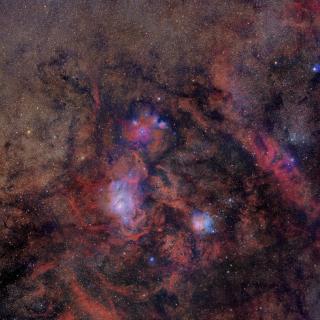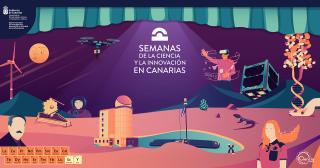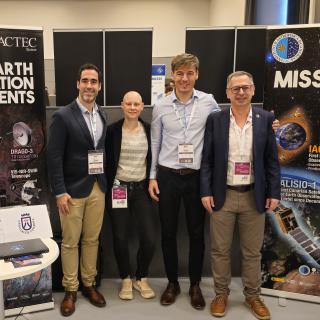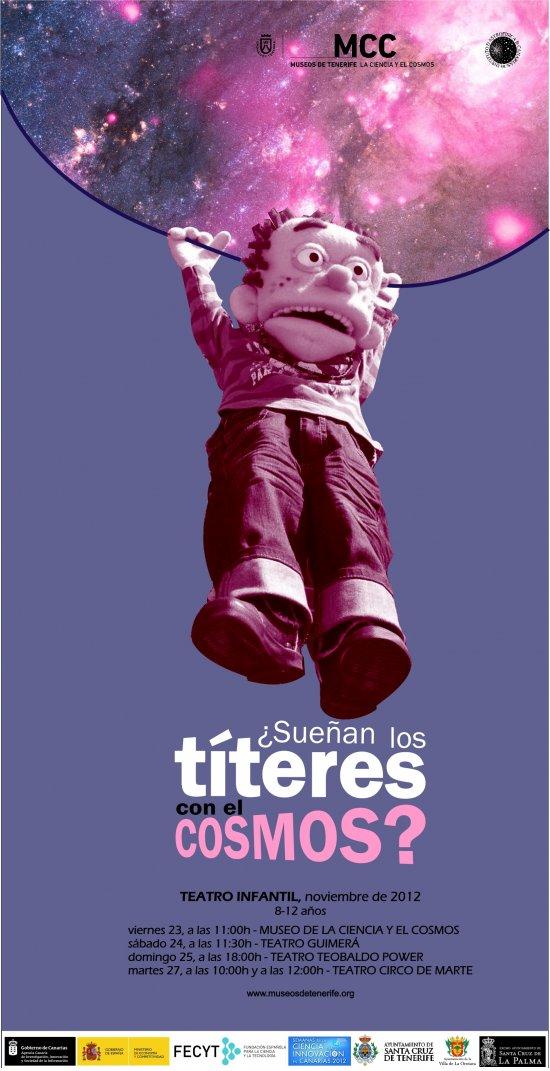It may interest you
-
 A global team of astronomers and machine learning researchers today announced the release of the " Multimodal Universe" - a groundbreaking 100 terabyte dataset that brings together hundreds of millions of astronomical observations in unprecedented detail and scale. This massive collection of space data aims to revolutionize how artificial intelligence can be applied to unlock the mysteries of the cosmos. " The Multimodal Universe makes accessing machine learning-ready astronomical datasets as easy as writing a single line of code," says Helen Qu, a postdoctoral researcher at the FlatironAdvertised on
A global team of astronomers and machine learning researchers today announced the release of the " Multimodal Universe" - a groundbreaking 100 terabyte dataset that brings together hundreds of millions of astronomical observations in unprecedented detail and scale. This massive collection of space data aims to revolutionize how artificial intelligence can be applied to unlock the mysteries of the cosmos. " The Multimodal Universe makes accessing machine learning-ready astronomical datasets as easy as writing a single line of code," says Helen Qu, a postdoctoral researcher at the FlatironAdvertised on -
 El Instituto de Astrofísica de Canarias (IAC) se une a las Semanas de la Ciencia y la Innovación de Canarias, una actividad organizada por la Agencia Canaria de Investigación, Innovación y Sociedad de la Información (ACIISI) del Gobierno de Canarias. El programa de actos se lleva celebrando desde el pasado 6 de noviembre y finaliza el próximo domingo 17.Advertised on
El Instituto de Astrofísica de Canarias (IAC) se une a las Semanas de la Ciencia y la Innovación de Canarias, una actividad organizada por la Agencia Canaria de Investigación, Innovación y Sociedad de la Información (ACIISI) del Gobierno de Canarias. El programa de actos se lleva celebrando desde el pasado 6 de noviembre y finaliza el próximo domingo 17.Advertised on -
 El equipo de IACTEC-Espacio , la división del Instituto de Astrofísica de Canarias (IAC) dedicada al desarrollo de tecnología espacial, participa esta semana como expositor en el Small Satellites & Services International Forum (SSSIF) 2025, celebrado en Málaga, consolidando su posición como referente en el sector espacial español. El evento, clave para la industria de pequeños satélites, está sirviendo de plataforma para presentar proyectos innovadores y establecer colaboraciones estratégicas en especial sobre los proyectos DRAGO, los instrumentos canarios con capacidad de detectar imágenesAdvertised on
El equipo de IACTEC-Espacio , la división del Instituto de Astrofísica de Canarias (IAC) dedicada al desarrollo de tecnología espacial, participa esta semana como expositor en el Small Satellites & Services International Forum (SSSIF) 2025, celebrado en Málaga, consolidando su posición como referente en el sector espacial español. El evento, clave para la industria de pequeños satélites, está sirviendo de plataforma para presentar proyectos innovadores y establecer colaboraciones estratégicas en especial sobre los proyectos DRAGO, los instrumentos canarios con capacidad de detectar imágenesAdvertised on
